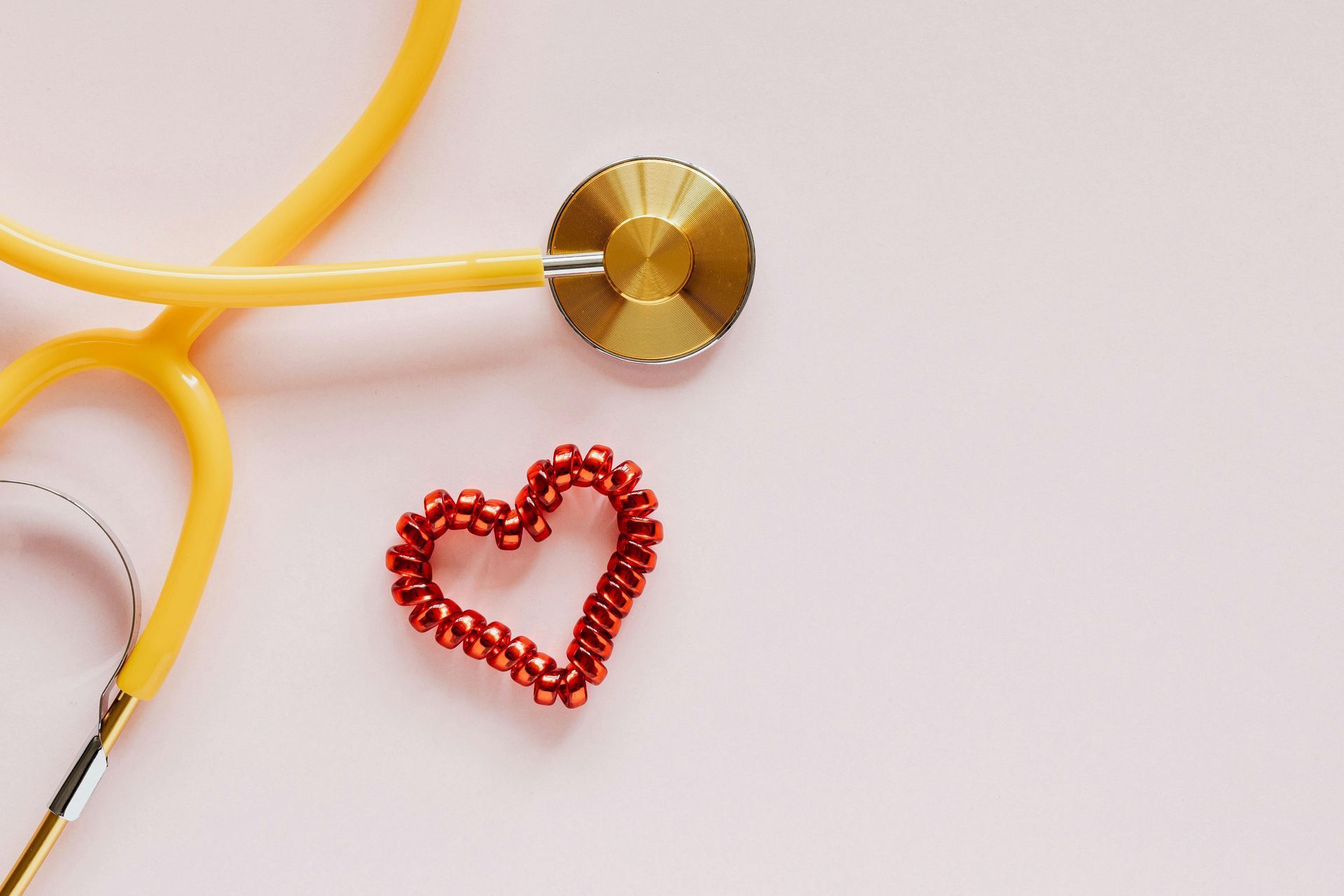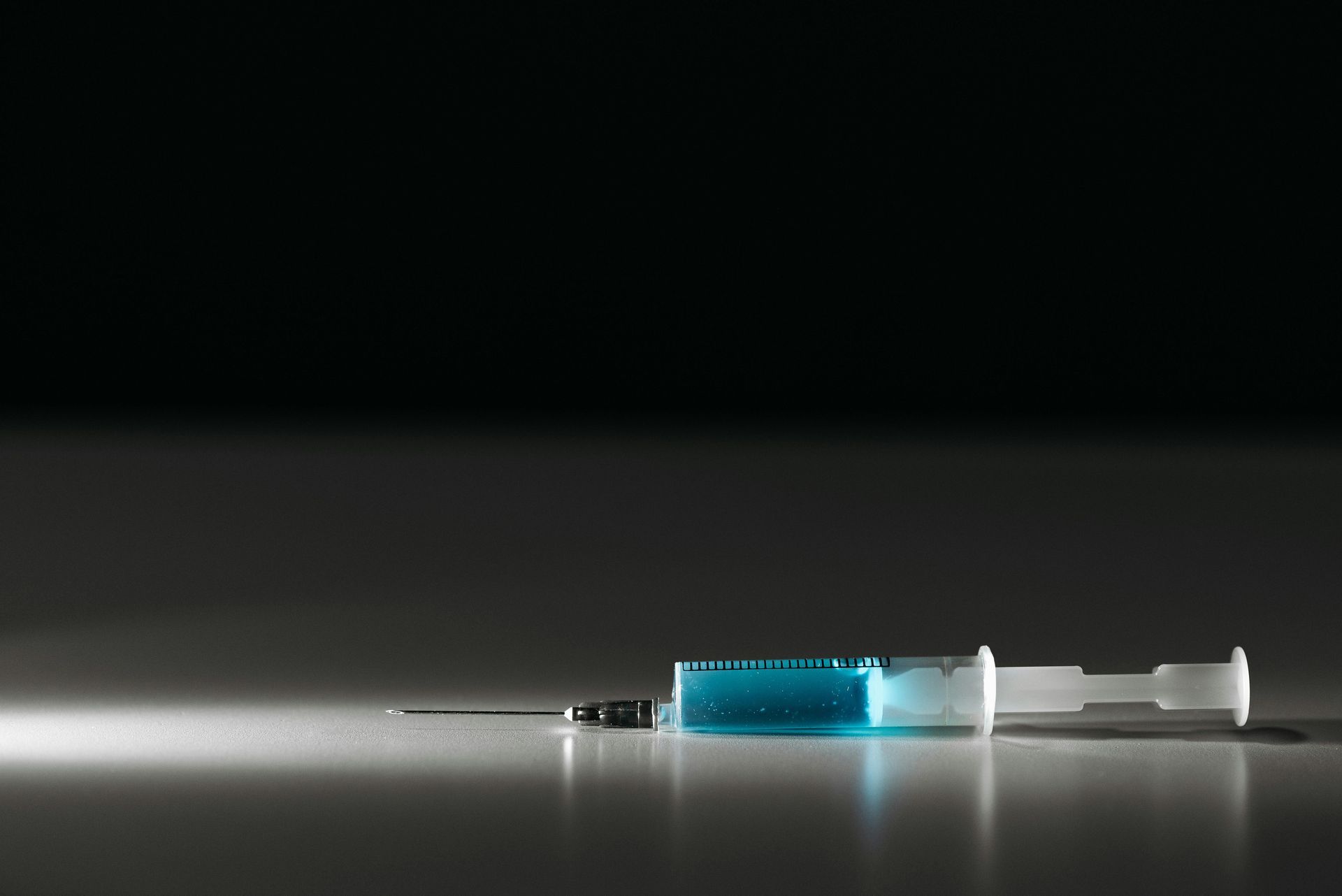Recognizing the Silent Signs of Kidney Trouble: Why You Shouldn’t Delay Check-ups
Kidney disease is one of the most overlooked health concerns in Ghana and worldwide — not because it’s rare, but because its early symptoms are subtle, easy to dismiss, or even non-existent until significant damage has been done. This is why it’s often referred to as a “silent” condition.
In moments of national mourning or personal grief, our instinct is to set aside our own health needs. Appointments get postponed, screenings are delayed, and symptoms are ignored. Yet kidney disease does not pause for grief, and waiting too long to act can have life-changing consequences.
Why the Kidneys Are So Vital
Your kidneys are two bean-shaped organs located just below your rib cage. They perform essential tasks that keep your body in balance: filtering waste from the blood, regulating fluid levels, balancing electrolytes, producing hormones that control blood pressure, and aiding in the production of red blood cells.
When your kidneys begin to lose function, toxins and excess fluids accumulate in the body. Left untreated, this can lead to high blood pressure, heart disease, anaemia, weak bones, and, ultimately, kidney failure requiring dialysis or transplantation.
Early Symptoms: Often Overlooked, Always Important
While many people with kidney disease feel fine in the early stages, some warning signs may develop, including:
- Persistent Fatigue – Feeling unusually tired despite adequate rest.
- Swelling in the Ankles, Feet, or Face – Fluid retention caused by reduced kidney function.
- Changes in Urination – Urinating more or less often, foamy urine, or blood in urine.
- Shortness of Breath – Due to fluid build-up in the lungs or anaemia.
- Difficulty Concentrating – Resulting from a build-up of waste products affecting brain function.
These symptoms may be mild at first, making it tempting to ignore them — but they are often the body’s early alarm bells.
Why Early Detection is Life-Saving
In Ghana, kidney disease is on the rise, driven by risk factors like high blood pressure, diabetes, and unhealthy lifestyle habits. Unfortunately, many people only receive a diagnosis when the disease is advanced and options are limited. Regular kidney check-ups, particularly for those with risk factors, can detect issues before they become irreversible.
Early detection means more treatment options, better health outcomes, and a greater chance of avoiding dialysis or a transplant. A simple blood test (measuring creatinine) and urine test can provide critical insights into kidney health.
Taking Action, Even in Difficult Times
Periods of mourning can take a toll on both emotional and physical health. Stress may raise blood pressure, alter eating patterns, and increase the risk of dehydration — all of which can harm kidney function. Choosing to take care of your health during these moments is not only an act of self-preservation but also a way to remain present for your loved ones in the future.
If you have any of the early symptoms listed above, or if you are at risk due to family history, diabetes, or high blood pressure, schedule a kidney check-up as soon as possible.
💙
Your health matters, even in the hardest moments. Don’t wait for symptoms to worsen.
Learn more about kidney health and access to essential medical products here:
www.nrmeds.com










